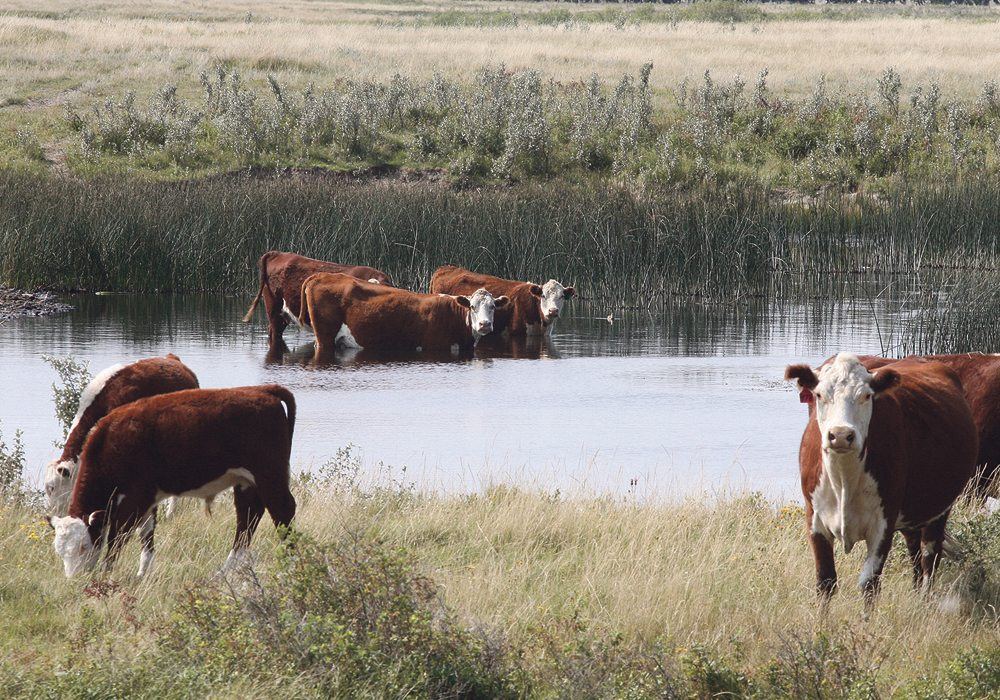faster horses
Well-known member
Whether they 'crave' them or not, they are needed. John Patterson, MSU, did extensive studies on mineral in Montana and what he found has helped thousands of producers. Our soil/forage in Mt is lacking in copper and zinc. Those minerals missing in the diet caused many different kinds of problems in cattle (lower immune system issues show up in many ways). He published his findings, but that was many years ago. Our old neighbor in Montana called after we had moved, Said he had terrible hoof rot in EVERYTHING. I called John Patterson to visit with him and he said what they found in SW Mt was that the water contained sulfates that was tying up copper and zinc. He said, and I quote "the sulfates in the water is picking the producers pockets over there."The mineral our old neighbor was using had only 1250 ppm copper. I don't remember the zinc amount because this was years back. He said that area needed 2500 ppm copper. We got our neighbor to use a formula with 2500 ppm copper and after he got through that hoof rot episode, he got along fine.I would have to think consumption would be based mostly on available phos in the environment, combined with normal salt cravings. Cows don't crave any other minerals.
Here is a link. Go to the 7th paragraph and read from there.

Copper deficiency a problem when sulfates are high | The Western Producer
Last summer, we had significant water quality issues in parts of Saskatchewan and Alberta that affected the cattle population. The low levels of rainfall
 www.producer.com
www.producer.com
